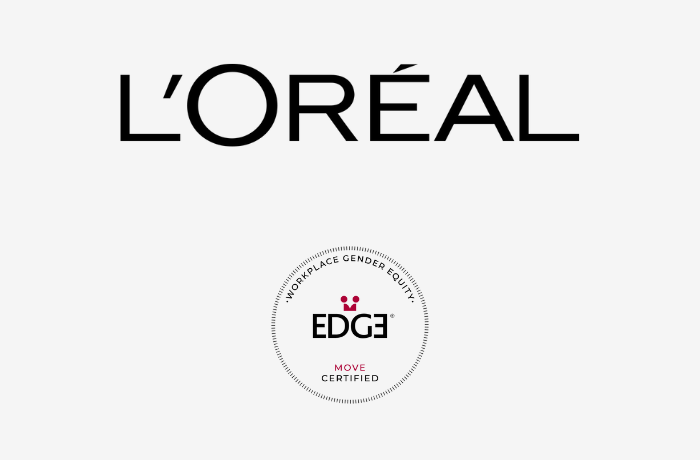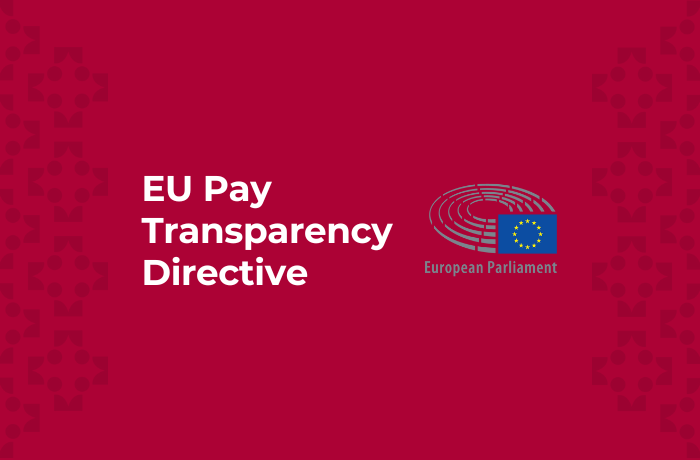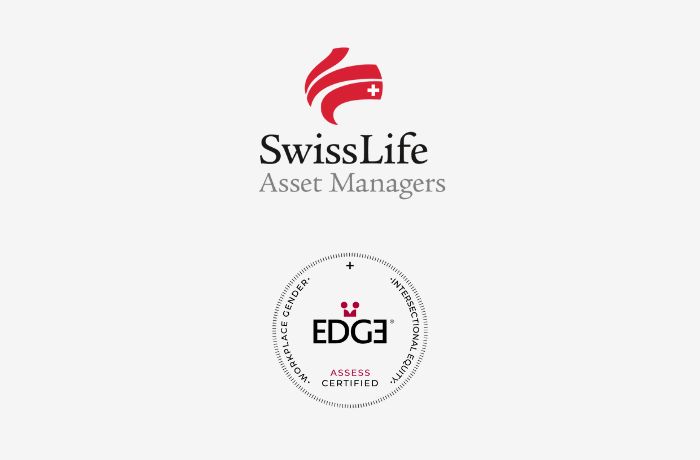
Much is often said about mothers and their role in the home and the workplace. The assumption is made that they just make everything ‘work’. So with Father’s Day being celebrated around the world this month, let’s think about how fathers manage their own paternal responsibilities.
My colleague, Aniela Unguresan, Founder of the EDGE Certified Foundation, has previously noted that whenever we talk about gender equity in the workplace, we tend to think in relatively narrow terms: who is paid to work (typically fathers) and who stays at home carrying out unpaid care-related tasks (mothers). For Aniela, however, it is more than this. “It’s about workplace gender equality,” she says, “and re-establishing some of the balance while rewriting the unspoken code.”
Aniela says that in redressing the balance, the focus has been getting women to do a larger proportion of the paid work. “It’s not ideal,” she says, “but you have to start somewhere.”
In her view there are other ways of addressing the challenge:
- we can aim for men to do less of the paid work;
- get men to do more of the unpaid work; or
- have women do less that is unpaid.
But change will only ever happen, she believes, if men, as working fathers, are able to take on more of the burden of caring.
A case in point
One real-life example of a family where both parents worked will help illustrate the point. The family has two boys, and spent 20 years juggling family life and two careers. The mother went back to work after their first child was born but stopped for the second before going back on an increasing time basis. The father, at the same time, reduced his hours while the children were younger to be with them.
Both worked for large international organisations in roles that required occasional international travel; one or other would be away from home for up to eight weeks a year. This was a challenge. It was an even greater challenge as the family lived far from their original homes and so neither set of grandparents were able to provide any meaningful support.
Needed most
To find a workable solution, the mother and father needed understanding from their employers. They needed some flexibility and latitude to allow for unforeseen circumstances, including business travel. Happily, both were accommodated.
But it wasn’t the organisational structure that offered them the understanding they needed; it was their respective managers. Neither organisation, 20 years ago at least, were set up for that level of flexibility. The pervading culture was one of a pyramid, where it was ‘up or out’ and if it hadn’t been for the understanding of their managers the parents’ careers could have been adversely affected.
The parents needed a support network as they didn’t have family close by; they leaned very heavily on the educational system along with neighbours and friends with children of similar ages. They also needed to plan the sharing of household tasks which they soon divided up evenly. There was no other choice if they wanted to pursue their working lives.
Challenges to overcome
The first challenge they faced, which they underestimated, was the societal pressure and the forced feeling of guilt when the mother went back to work leaving a child in a nursery. Strong personal opinions of those around them, and comments about how they should be living their lives and raising children, proved invasive. It was criticism they were not expecting from a group not known for expressing negative thoughts.
The second was the sacrifices that the parents had to make. To balance work and family they sacrificed school events, social events, and weekends away as there was no one else to care for the children. They also had to juggle the lack of time, and never having enough time to do everything they needed to do. Whether it was work, hobbies, each other, themselves, to switch off, or for the children, there were never enough hours in the day.
The positives
But challenge of this kind has benefits that can trickle down into the workplace. Being a parent under such pressure meant they became better organised, learning how to prioritise different tasks. It helped make them more resourceful and better communicators. They also said that they were respectful and loyal to their workplaces and had a care not only for themselves but for their colleagues and environment too. Beyond that they felt an enhancement of their emotional intelligence that followed from raising a family and being in the workplace.
Looking forward
This is my story. And while it’s been told from the perspective of a working father, it’s just as applicable to working mothers. In our situation we both had to manage our careers and the family. It wasn’t easy, but we learned to find solutions and not get hung up on problems. But the positivity we experienced isn’t measured optimally in the workplace whether for working parents in general, or for working women who are both often undervalued yet primed with skills that great performance can be based on. In fact, such adversity helped us to build our careers as there was no compromise in our performance.
As much as this is my story, it could also be the story of a working mother. Fathers and mothers can suffer equally from poorer career opportunities and the judgments that societies can make. But we rarely hear these stories from a male perspective, possibly because they can’t fully take on the role of a working father, or sometimes because of the imposition of organisational structures that are based on dated societal views.
Practical measures
So how can organisations support working parents – fathers and mothers – in a practical sense, and what can they do better?
Firstly, they need to recognise that care is universal; they need to deliver much greater flexibility in childcare support and provide those elements that EDGE is looking for in benchmarking an organisation’s Diversity, Equity and Inclusion (DE&I) strategy. In doing so they will help break down the stereotypes around parental responsibilities that serve to undermine future progress.
Secondly, they need to create a culture where employees – both men and women – feel that having a career and having a family are fully compatible, and that taking parental leave will not have a negative impact on their future prospects. In doing so, employees will become more productive, and even more committed to their work.
Thirdly, they need to put in place tangible practices to support equitable career flows (and counter stereotypical role modelling) and have these championed by senior management.
Organisations that adhere to EDGE certified principles will, in the long-term, outperform their rivals as they attract the higher calibre employees equipped with unique skills learned from pressured familial situations. Support and loyalty shown to an employee will invariably be repaid many times over.




